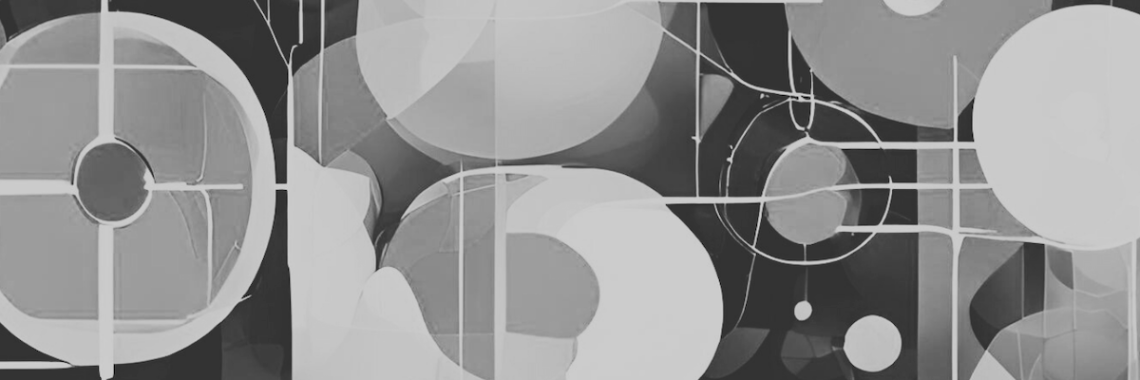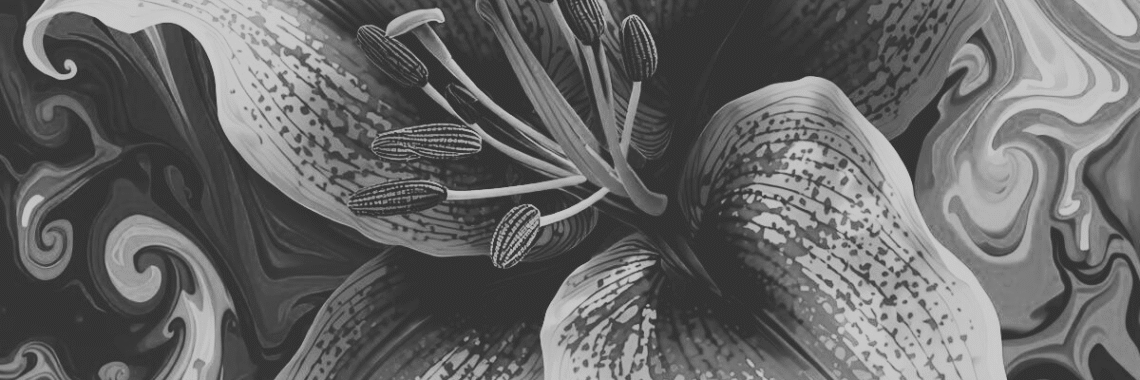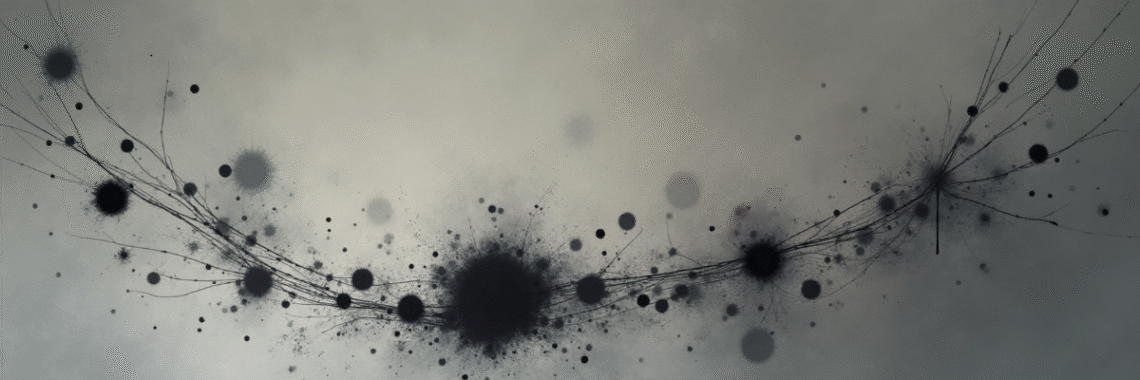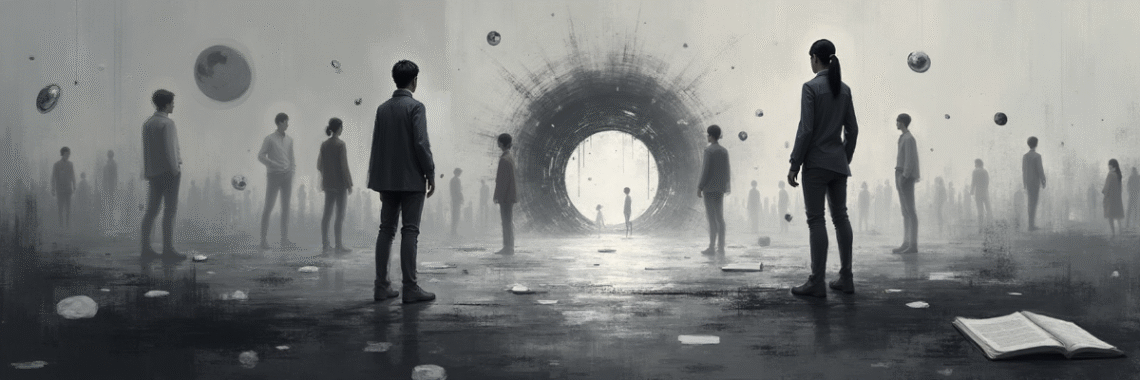In 2021, when the California Sociological Association Conference was virtual, I organized and presented a session about experiential learning projects. During the session, I was inspired by a presentation about a class co-taught by a criminologist and a typographer. The professors equipped their students with the ability to understand crime-related social problems and to express their concerns using typography. They reported high rates of motivation among students in their class during a time when I noticed the opposite trend. I began reviewing research related to interdisciplinary work, Gen Z’s learning preferences, and how to improve motivation.
The Process
In 2022, the department received innovation funds to design an interdisciplinary class that would inspire motivation among our students. We asked Preston Butler, VU alum and adjunct professor in Theater, to teach a class called “The Arts and Social Change.” The goal was to help students understand how the arts can motivate others to address social issues in their communities. While students in the arts are well-prepared to express their concerns, they are not often taught how to engage in social change. Sociology students learn to investigate the causes of social problems, and consider ways to respond, but are not equipped to share the information with those from other disciplines.
The Presentation
This year, CSA’s conference was in-person for the first time since the pandemic! I organized a session focused on teaching innovation. For my presentation, I shared the collaborative steps to course development, and I shared student perspectives of the class. As suggested in the research, students were empowered by the autonomy they had in the class. They selected the artwork and social problems they cared about, which provided the foundation for the class. The course culminated in an event with student created artwork, which was based on their social concerns, and a poetry reading from Norlan Herandez’s recent publication.
Presentation Highlights
I’m pleased to share some of the student quotes from my presentation. Their statements encourage me to create more active learning, student-led, interdisciplinary courses.
- “The Professor really let us take the reins ….and share our thoughts in a collaborative way. This helped us understand ourselves and the perspectives of others better, instead of merely the perspectives of the professor.’”
- “There are so many majors within this class and different perspectives it makes it interesting when we have discussions.”
- “I feel more equipped to see art from different perspectives and see how someone might be calling for justice or change through their art.”
- “This course helped me better understand sociology as community-based because I really only looked at problems on an individual level before this class, and now I can see them from a societal level as well.”
- “Being in this class it has challenged me to change the way that I have seen art and the intimidation that I have had with art.”
Additional Session Themes
There were two other presentations in my session. Both focused on active and student-led learning. One focused on the use of reality television to teach sociology courses. The presenter uses gamification to motivate students. The other highlighted the work of college students who are involved with the juvenile justice system. Her program seeks to highlight student voices and experiences using “decarceral education.” The desire to give students greater responsibility by incorporating information that’s relevant to them was notable.
Concluding Thoughts
As usual, my conference experience generated a renewed passion for my discipline. Conversations naturally led to new research ideas, potential partnerships, and a reminder that there is much left to explore-both in the classroom and in the laboratory.




